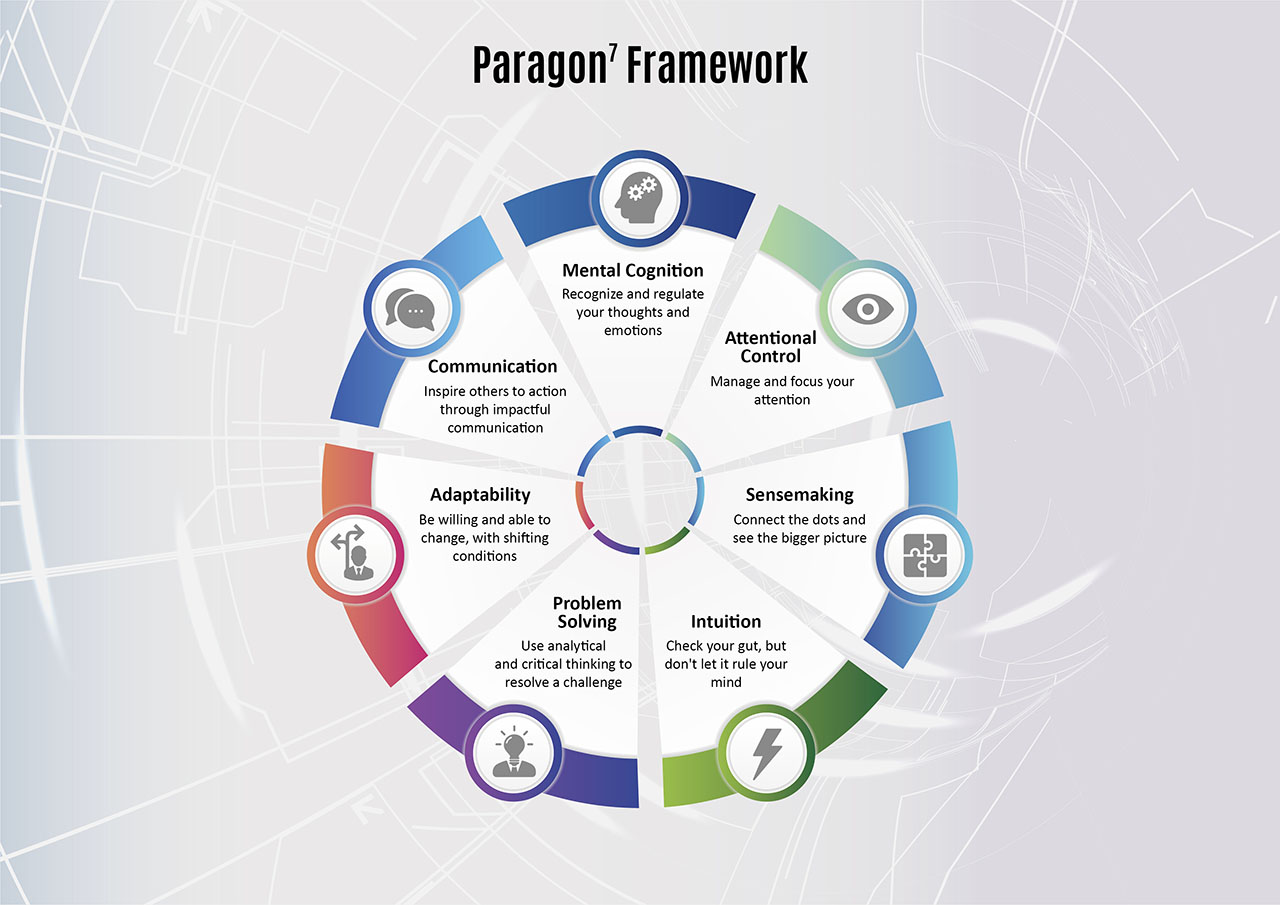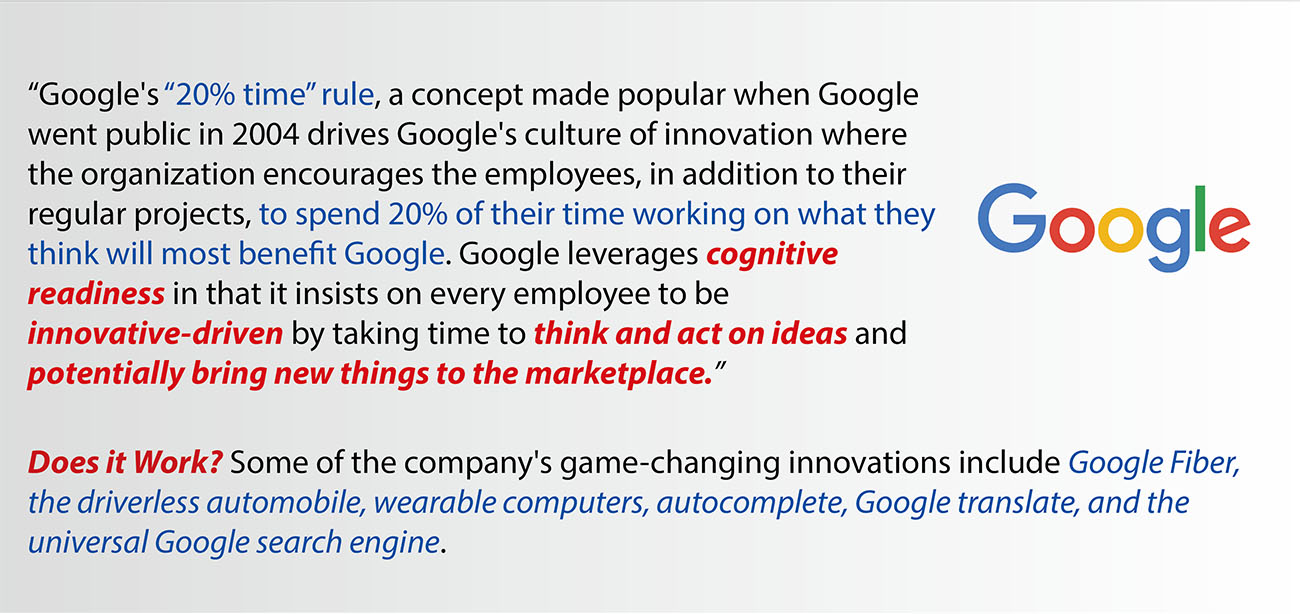Introduction
In the 21st-century business environment, marked by rapid change, disruption, and increasing complexity, the ability to think critically has emerged as one of the most vital leadership and workforce competencies. Organizations that wish to remain competitive and achieve sustainable performance and success must prioritize the development of critical thinking skills at all levels. These competencies enable individuals and teams to assess situations accurately, make sound decisions, solve complex problems, and adapt to unforeseen challenges with agility and confidence.
Critical thinking refers to the ability to think clearly, rationally, and independently. It involves evaluating information objectively, identifying biases and assumptions, analyzing alternatives, and making decisions based on evidence and logic rather than emotion or intuition alone. In an organizational context, critical thinking supports a culture of inquiry, reflection, and continuous improvement.
One of the primary benefits of critical thinking competencies is improved decision-making. In fast-paced business settings, leaders and employees are often required to make high-stakes decisions under pressure. Critical thinkers are better equipped to gather relevant data, assess risks, weigh trade-offs, and predict outcomes—all of which contribute to more informed and effective decision-making.
Similarly, when organizations encounter complex challenges, critical thinkers excel at diagnosing root causes, considering multiple perspectives, and crafting innovative solutions. This enhances an organization’s ability to respond strategically rather than reactively, ensuring resilience in the face of disruption.
Critical thinking fuels creativity and innovation by encouraging individuals to question assumptions and explore new possibilities. Teams with strong critical thinking skills are more likely to challenge the status quo constructively, propose novel ideas, and test hypotheses with intellectual rigor. In today’s knowledge economy, where innovation is a key differentiator, this capability is indispensable.
Furthermore, critical thinking drives continuous improvement across functions. Whether it’s optimizing processes, enhancing customer experience, or developing new products, critical thinkers are more adept at analyzing what works, identifying inefficiencies, and implementing evidence-based improvements.
Organizations that foster critical thinking also benefit from reduced operational and strategic risks. Employees who think critically are less likely to make errors based on assumptions or flawed logic. They are more likely to ask the right questions, flag concerns, and identify potential blind spots before they escalate into major issues.
Additionally, critical thinking enhances organizational agility. In times of uncertainty or crisis, critical thinkers help organizations pivot quickly, evaluate alternative strategies, and maintain focus on core objectives. This ability to adapt intelligently and swiftly is key to long-term sustainability.
The Paragon7™ Suite of Cognitive Readiness and Critical Thinking Competencies
In today’s dynamic and unpredictable business landscape, organizational sustainability depends not only on innovation, operational efficiency, and talent but also on the cognitive capabilities of its leaders. The increasing complexity of global markets, digital disruption, and the rapid pace of change demands a higher level of mental agility, situational awareness, and decision-making acumen. To meet these demands, the Executive Development Associates (EDA) developed the Paragon7™ Suite of Cognitive Readiness and Critical Thinking Competencies, a research-based framework designed to enhance leadership effectiveness in complex, high-stakes environments.
The Paragon7™ Suite of Cognitive Readiness Competencies Suite (see Figure 1) comprises seven essential cognitive and critical thinking competencies:
Figure 1: Paragon7 Suite of Cognitive Readiness Competencies
- Mental cognition: Recognize and regulate your thoughts and emotions.
- Attentional control: Manage and focus your attention.
- Sensemaking: Connect the dots and see the bigger picture.
- Intuition: Check your gut, but don’t let it rule your mind.
- Problem solving: Use analytical and creative methods to resolve a challenge.
- Adaptability: Be willing and able to change, with shifting conditions.
- Communication: Inspire others to action; create fluid communication pathways.
Overall, heightened cognitive readiness allows leaders to maintain a better sense of self-control in stressful situations, which is crucial when resolving complex problems and decision making.
These competencies collectively enable leaders to operate with clarity, confidence, and foresight amid uncertainty and ambiguity, making them indispensable for sustainable organizational success.
The detailed descriptors of each of these seven cognitive readiness competencies can be found in Table 1.
| Metacognition | Attentional Control | Sensemaking |
| Metacognition is monitoring and managing your emotional and mental processes Metacognition comes from the words “meta” meaning beyond and “cognition” meaning thinking. It describes the ability to control your mental and emotional processes and, in turn, manage behaviors and maximize performance. Metacognition involves self-awareness and the use of intentional strategies to self-regulate your cognition, emotions, and actions. Metacognitive individuals and organizations engage in reflective practice. They take time to plan before, during, and after situations |
Attentional control (“mindfulness”) is the skill of actively managing your attention as a finite resource Attentional control, or mindfulness, is the conscious control of your own attention. People or organizations with high levels of attentional control pick up on weak signals. They can direct and sustain their attention deliberately, without being diverted by distractions, and they can stay focused, even if that sustained attention becomes unpleasant. You can help develop your attentional control “muscles” by practicing attentional shifting and focusing exercises | Sensemaking is the ability to quickly connect the dots to gain understanding Sensemaking is pattern-based reasoning; in otherwords, it’s the process of developing an understandingof an event or situation, particularly when it’scomplex and you lack clear, complete, and orderly data. Good sensemakers “put the pieces together” quickly and overcome information gaps. They discern meaning from patterns and recognize how parts of a system fit into the bigger picture, how individual elements interact, and how short-term goals impact long-term strategies |
| Intuition | Problem Solving | Adaptability | Communication |
| Intuition comes from your “fast thinking” (elephant) cognitive system Intuition is fast; our minds quickly generate intuitive judgments without active deliberation. We all use intuition— especially under VUCA conditions— but our intuition isn’t always reliable. It’s important to know when it can be trusted and how to best use it | Problem solving is an analytical approach to resolving difficult issues Problem solving relies upon three factors: subject-matter knowledge, motivation, and problem-solving “meta-skill,” which is a mental list of problem-solving techniques and decision strategies typically associated with critical thinking and decision analysis tools | Adaptability is the ability and willingness to change with shifting conditions Adaptability is the consistent willingness and ability to alter attitudes, thoughts, and behaviors to appropriately respond to the actual or anticipated change in the environment. This includes flexibility, resilience, responsiveness, and agility | Communication is about conveying deeper intent and understanding Communication is the conveyance of information and sentiments. Clear, honest, and frequent communication facilitates team performance. Beyond that, you can use linguistic tools to help increase saliency, clarity, relevance, and persuasive value |
Table 1: The Descriptors of the Paragon7 Suite of Cognitive Readiness Competencies
Enhancing Strategic Agility and Decision-Making
One of the most pressing challenges for today’s leaders is making timely and effective decisions in complex and fast-changing environments. The Paragon7™ competencies, particularlysituational awareness, problem-solving agility, and sensemaking, equip leaders to gather relevant information, interpret signals accurately, and diagnose root causes. Leaders who excel in these areas can connect disparate data points, anticipate trends, and adapt strategies proactively.
This level of strategic agility gives organizations a competitive edge by allowing them to respond more effectively to opportunities and threats, rather than being reactive or driven by crisis.
Driving Innovation and Change
The competency of adaptability, paired with anticipatory thinking, positions leaders to challenge the status quo and champion change initiatives. In organizations undergoing digital transformation, restructuring, or innovation-led growth, leaders must think ahead, prepare for multiple scenarios, and pivot strategies when necessary.
Paragon7™ empowers leaders to navigate complex change environments with a forward-looking mindset. This ensures that change is not only managed but leveraged as a strategic advantage, fueling continuous innovation and sustainable growth.
Building Organizational Resilience
In times of crisis or volatility, mental resilience and decision-making under pressure become critical leadership differentiators. Leaders must remain calm, focused, and principled while making high-impact decisions with incomplete information. The Paragon7™ framework develops these competencies, allowing leaders to maintain composure, rally teams, and recover quickly from setbacks.
Organizations led by cognitively resilient leaders demonstrate higher levels of stability, morale, and trust, particularly during uncertainty. This resilience becomes a key pillar of long-term organizational sustainability.
Elevating Leadership Culture and Talent Development
Embedding the Paragon7™ competencies into leadership development initiatives creates a culture of cognitive excellence. Leaders model critical thinking behaviors, foster intelligent risk-taking, and mentor others in developing similar skills. This not only strengthens leadership pipelines but also promotes distributed decision-making, where teams across the organization are empowered to think critically and act decisively.
The result is an organization that is more agile, innovative, and aligned, with leaders and employees capable of thriving amid complexity.
Case Study on Developing an Innovative Driven Culture @ Google with Cognitive Readiness
Conclusion
When critical thinking becomes a core organizational competency, it contributes to the development of a high-performance culture. Leaders who model and reward critical thinking create environments where curiosity, accountability, and excellence flourish. Teams become more collaborative, open to feedback, and aligned with strategic goals.
The development of critical thinking competencies is not merely an academic or cognitive exercise—it is a strategic imperative for organizations aiming for sustainable success. By enhancing decision-making, fostering innovation, managing risk, and cultivating adaptability, critical thinking empowers individuals and organizations to navigate complexity with confidence and achieve enduring performance in a constantly evolving world.
The Paragon7™ Suite of Cognitive Readiness and Critical Thinking Competencies provides a vital foundation for leadership excellence and sustainable organizational performance. In a world characterized by volatility, uncertainty, complexity, and ambiguity, leaders who embody these competencies are better equipped to anticipate change, make sound decisions, lead through crises, and inspire innovation. By investing in the development of Paragon7™ capabilities, organizations build the cognitive and strategic strength needed to succeed not just today, but well into the future.
Reference:
- Bawany, S. 2025. The Making of a C.R.I.S.I.S. Leader. New York, NY: Business Express Press (BEP) Inc. LLC.
- Bawany, S. 2023. Leadership in Disruptive Times: Negotiating the New Balance. New York, NY: Business Express Press (BEP) Inc. LLC.
- Bawany, S. 2020. Leadership in Disruptive Times. New York, NY: Business Express Press (BEP) Inc. LLC.
- Bawany, S. 2020 “Talent Management for a Digital Centric Future.” Talent Management Essentials December 16, 2020 Issue.
- Bawany, S. 2019. Transforming the Next Generation of Leaders: Developing Future Leaders for a Disruptive, Digital-Driven Era of the Fourth Industrial Revolution (Industry 4.0). New York, NY: Business Express Press (BEP) Inc. LLC.
- Bawany, S. 2018. “What You Need to Lead”. Human Resources Online, July 5, 2018 Issue.
- Bawany, S. 2016. “How to: Develop the toolbox of skills that business leaders require.” Human Resources Online, March 8, 2018 Issue.
- Hagemann B. and Schatz, S. 2019. “The Mentally Prepared Leader”. TD Magazine Article, March 1, 2019. Association for Talent Development


